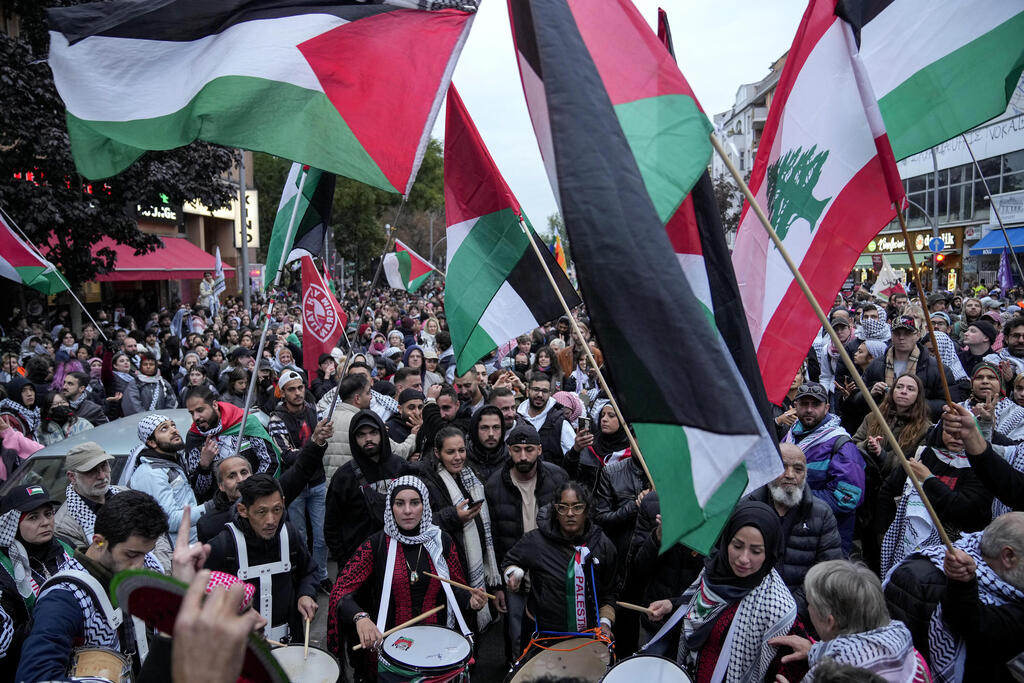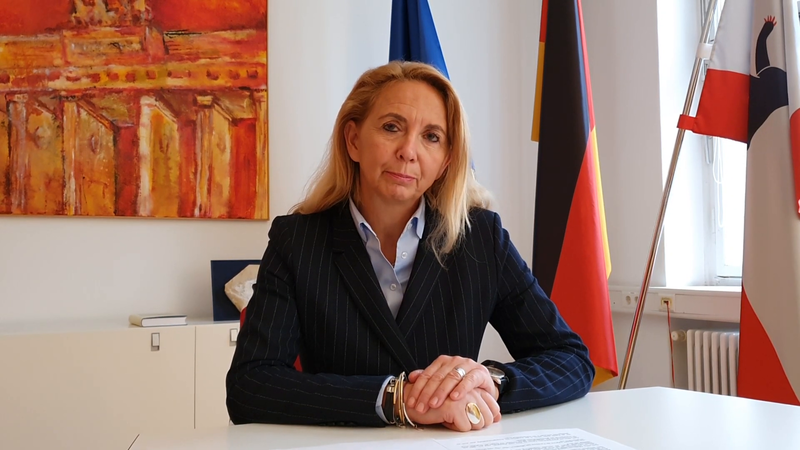Getting your Trinity Audio player ready...
Once regarded as a bastion of inclusivity and cosmopolitan culture, Berlin is increasingly reflecting broader trends sweeping Germany: rising radicalization among Muslim migrants, a political shift to the right and heightened antisemitism and fear of violence.
Berlin Police Chief Barbara Slowik acknowledged these changes in an interview with the Berliner Zeitung daily, saying that while the city does not have "no-go zones," certain areas may be unsafe for visibly Jewish individuals or members of the LGBTQ community.
"There are, unfortunately, neighborhoods in Berlin with a majority of residents from Arab backgrounds where there is open sympathy for terrorist organizations and very blatant antisemitism," she said.
Since the October 7 Hamas attack on Israel, Berlin police have launched investigations into 6,200 antisemitic incidents, including physical assaults, online hate speech and attacks on police during pro-Palestinian protests. Antisemitic incidents have surged by 50% compared to 2022, with two-thirds occurring after October 7.
LGBTQ individuals in Berlin have also reported a growing fear of violence in neighborhoods with significant Arab populations. Many members of the community now conceal their identities, avoid public displays of affection and seek escorts when leaving bars in these areas. In a notable incident, the owner of a prominent LGBTQ pub in Kreuzberg opposed the establishment of a refugee shelter nearby, citing ongoing physical assaults against her patrons by local residents.
Slowik warned that Berlin’s police force is stretched thin, citing increased responsibilities since October 7, including daily pro-Palestinian protests and heightened security for Jewish and Israeli institutions. "Our resources are being tested to their limits," she said, calling for greater support to address the mounting challenges.
Get the Ynetnews app on your smartphone:



